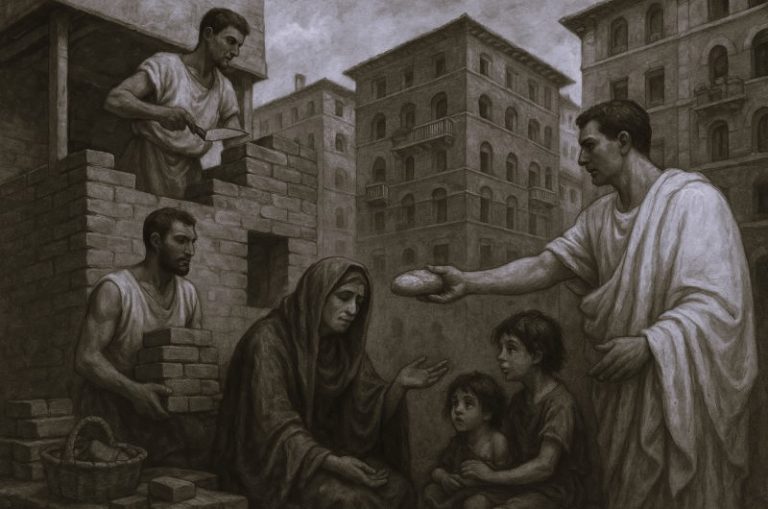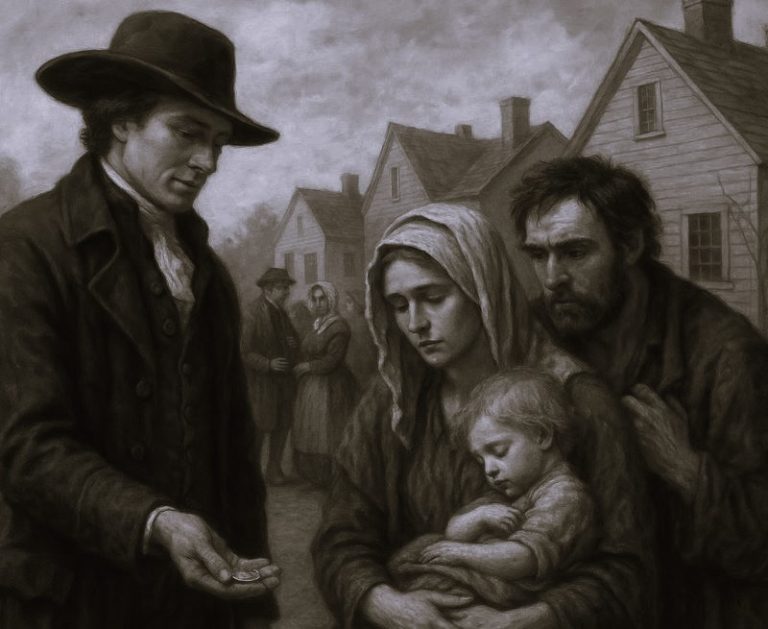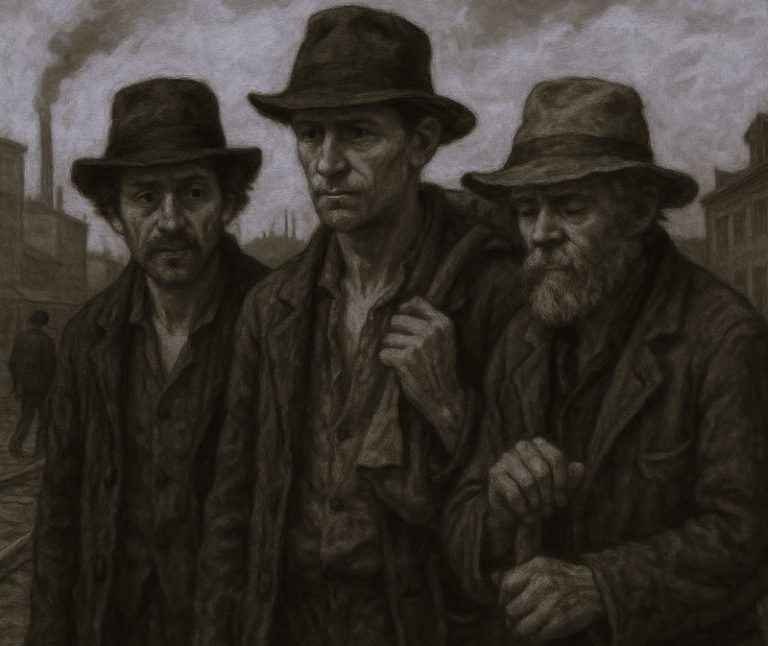
An interview with Professor Jon Keune about his new book, Shared Devotion, Shared Food: Equality and the Bhakti-Caste Question in Western India.
When Hindu devotional or bhakti traditions welcomed marginalized people-women, low castes, and Dalits-were they promoting social equality? In this book, Jon Keune deftly examines the root of this deceptively simple question. The modern formulation of the bhakti-caste question is what Dalit leader B. R. Ambedkar had in mind when he concluded that the saints promoted spiritual equality but did not transform society. While taking Ambedkar’s judgment seriously, Jon Keune argues that, when viewed in the context of intellectual history and social practice, the bhakti-caste question is more complex.
Shared Devotion, Shared Food explores how people in western India wrestled for centuries with two competing values: a theological vision that God welcomes all people, and the social hierarchy of the caste system. Keune examines the ways in which food and stories about food were important sites where this debate played out, particularly when people of high and low social status ate together. By studying Marathi manuscripts, nineteenth-century publications, plays, and films, Shared Devotion, Shared Food reveals how the question of caste, inclusivity, and equality was formulated in different ways over the course of three centuries, and it explores why social equality remains so elusive in practice.

Professor Keune’s book:
- Highlights the centrality of food and eating together for debating caste and bhakti
- Sheds new light on the question of social equality by identifying a crucial turning point in the late 19th century, as two Hindu theological concepts were translated problematically as “social equality”
- Proposes a new perspective on hagiography that anticipates and foregrounds narrative change over time
- Demonstrates a new contextually sensitive approach–critical commensality–for studying social tensions in different cultures and time periods
LISTEN TO THE PODCAST BELOW
This book is about a deceptively simple question: when Hindu devotional or bhakti traditions welcomed marginalized people—women, low castes, and Dalits—were they promoting social equality? This is the modern formulation of the bhakti-caste question. It is what Dalit leader B. R. Ambedkar had in mind when he concluded that the saints promoted spiritual equality but did not transform society. While taking Ambedkar’s judgment seriously, when viewed in the context of intellectual history and social practice, the bhakti-caste question is more complex. This book dives deeply into Marathi sources to explore how one tradition in western India worked out the relationship between bhakti and caste on its own terms. Food and eating together were central to this. As stories about saints and food changed while moving across manuscripts, theatrical plays, and films, the bhakti-caste relationship went from being a strategically ambiguous riddle to a question that expected—and received—answers.

Shared Devotion, Shared Food demonstrates the value of critical commensality to understand how people carefully negotiate their ethical ideals with social practices. Food’s capacity to symbolize many things made it made an ideal site for debating bhakti’s implications about caste differences. In the Vārkarī tradition, strategically deployed ambiguity and the resonating of stories across media over time developed an ideology of inclusive difference—not social equality in the modern sense, but an alternative holistic view of society.







